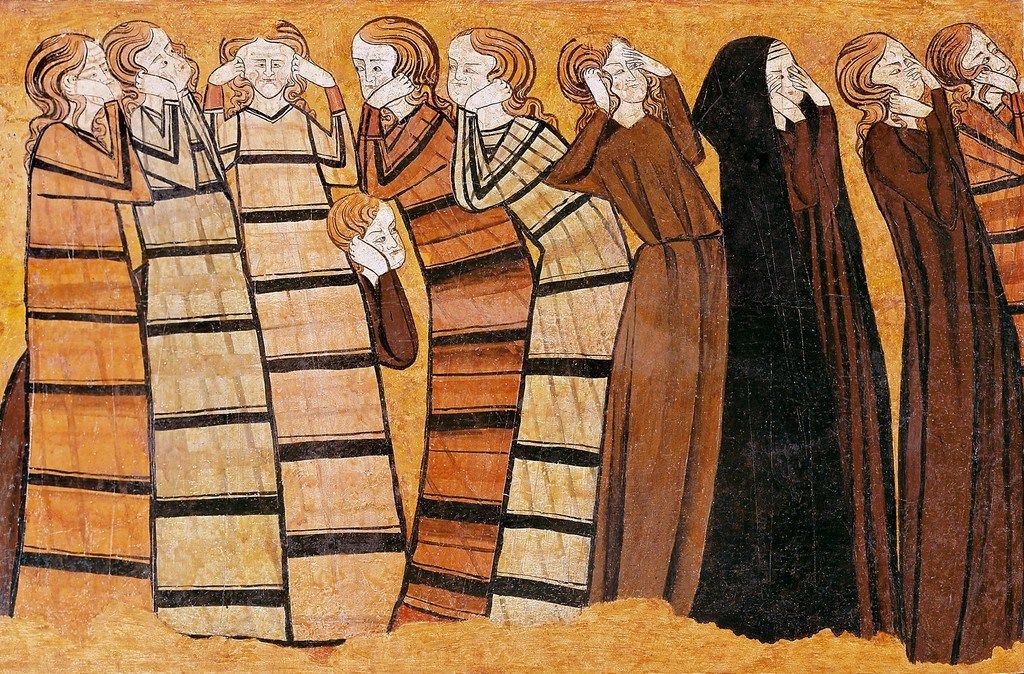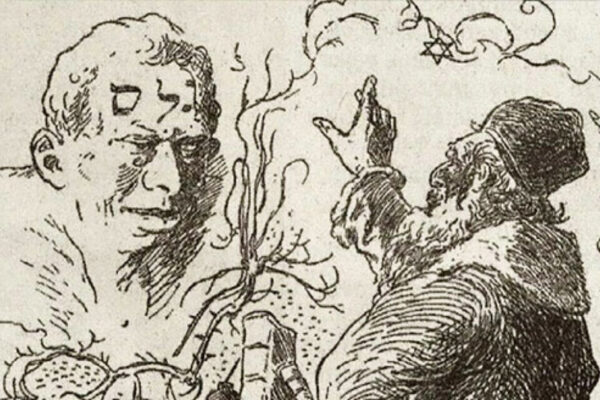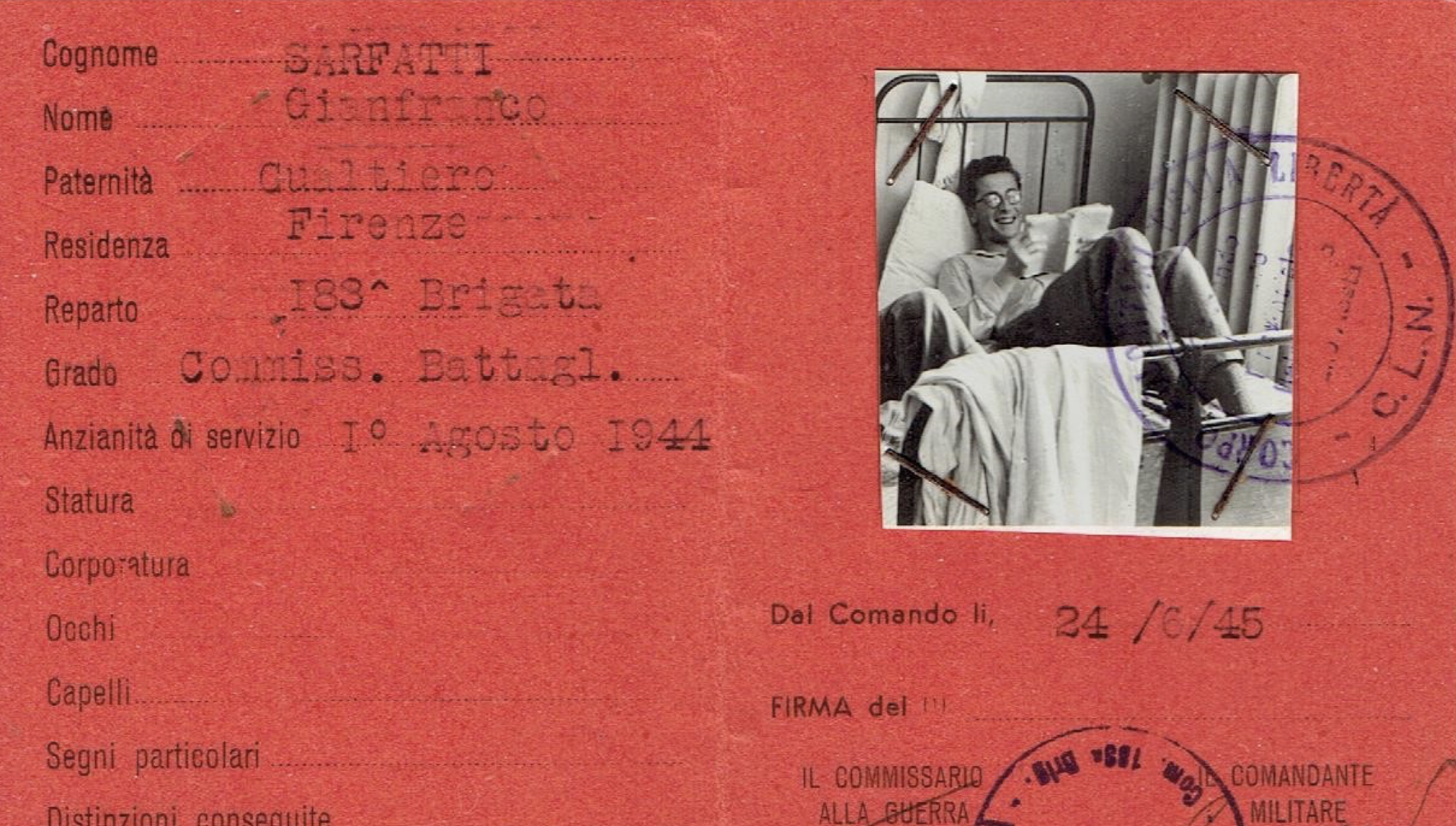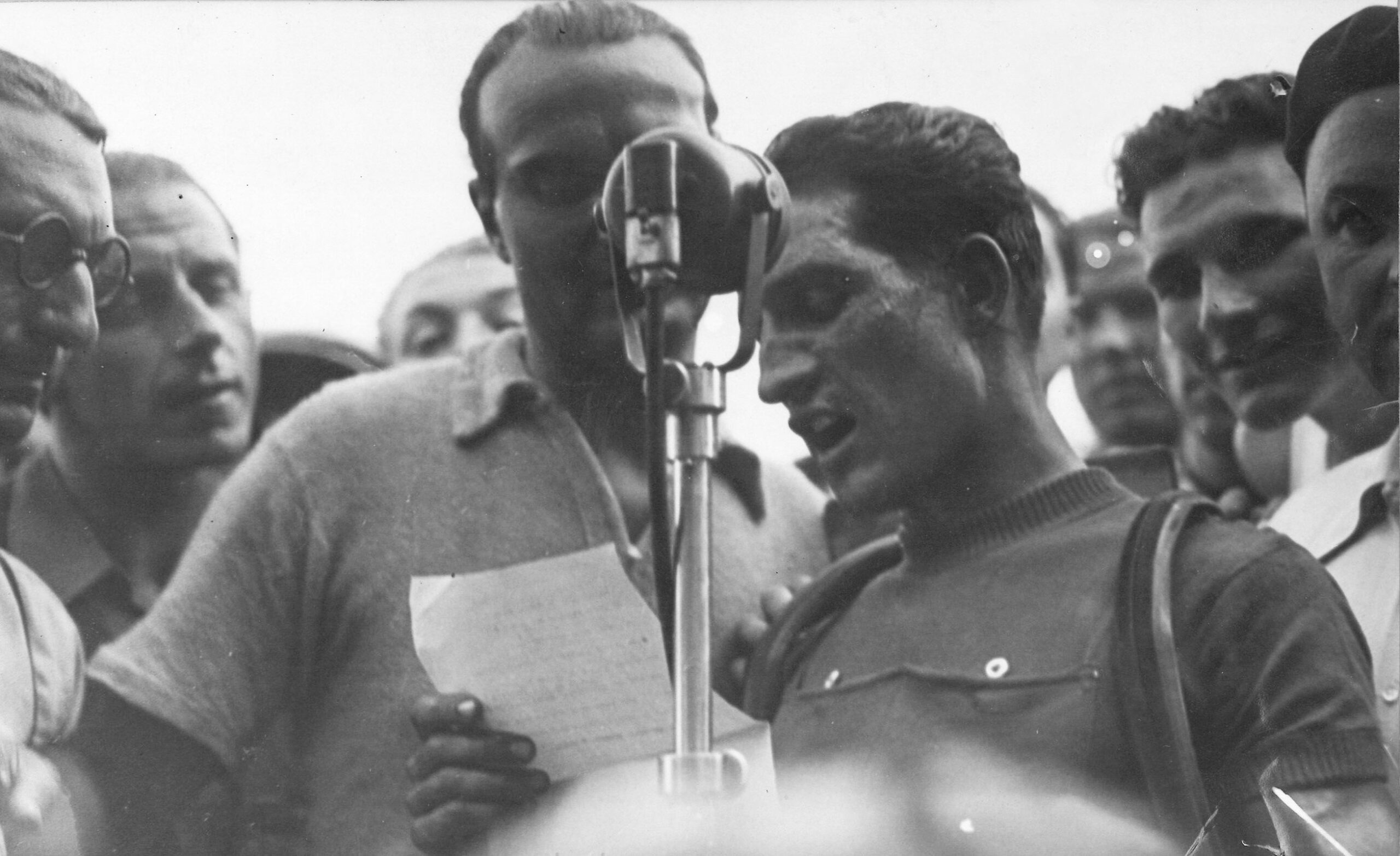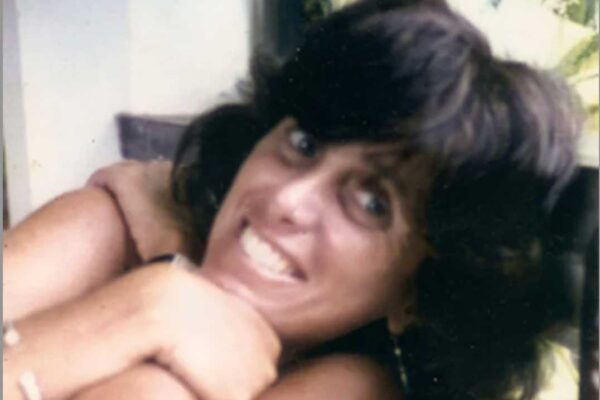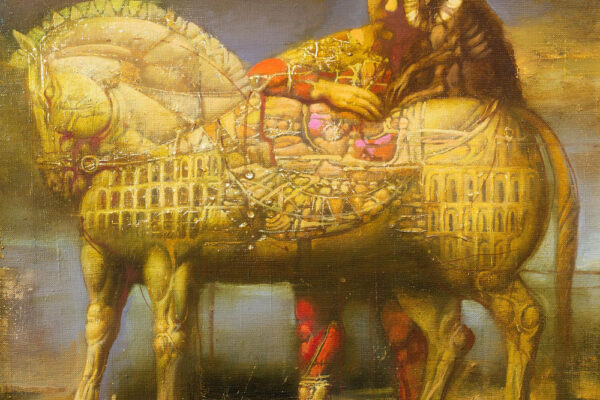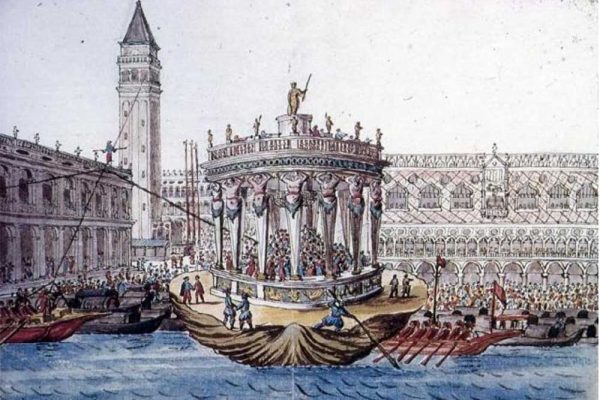We are facing a new world: in recent months, the pandemic, the shortcomings of our political system, the unrestrained use of social media, the crisis of traditional journalism, ideological polarization, inequality, and racial injustice have forced us to come to terms with a new set of realities. In the making for several years, a radical transformation of our society appears as a fait accompli.
While it is clear that we cannot reverse to what we had (and caused the present situation), it is not clear how to navigate the near and far future. A great effort of the imagination is needed, as well as a new set of critical tools.
To move on and face the daunting challenges of these times, we need to re-examine our society’s workings. But who and what can guide us? Back in the 1960s and 1970′ sociology was arguably the most impactful discipline among the social sciences, at least at the level of original discourse, both in itself and as a point of intersection of other fields (anthropology, psychology, political science, public health). Yet, curiously, by the end of the 20th Century, sociology was largely neglected. Why study a discipline that did not pave the way to a clearly defined professional path?
Did sociology fail to realize its promise, or did we think that other disciplines ( mainly economics and psychology) could better help us understand and choose the type of society we wanted?
Today, universities produce scholars and experts in a variety of fields —from economics to gender studies— that allegedly help us understand our society yet we are left hungry for overall theories and understanding.
In Centro Primo Levi’s more restricted field of interest: the history and traditions of the Jews of Italy, Primo Levi’s legacy, the Shoah, the relationship between minority and majority, memory and memorialization, we have come to a standstill. The challenge being how to present these topics in and to a society that has an increasingly more limited attention span that prefers polarization to nuanced discourse, obsessed with “identity,” fuses art and entertainment, fiction and fact.
The critical tools offered by history, “memory studies,” human geography, archeology, linguistics, etc. are beginning to show some limits. If we continue to ask the same questions, to use the same critical framework vis-à-vis our primary focus, we end up in a loop where we come up with variations on the same answers. If our society has changed, the way we present our material, the questions we ask the way we approach younger generations must change as well.
My hunch is that in re-defining our role in a radically changed society, we could use the guidance of a new generation of thinkers and observers: men and women who can take up the challenge to rethink the fundamentals of a post-Covid human society.
Image: Ploraners’, Group of mourners from the Tomb of Sancho Saiz de Carrillo (13th century), Museu d’Art de Catalunya, Barcelona


